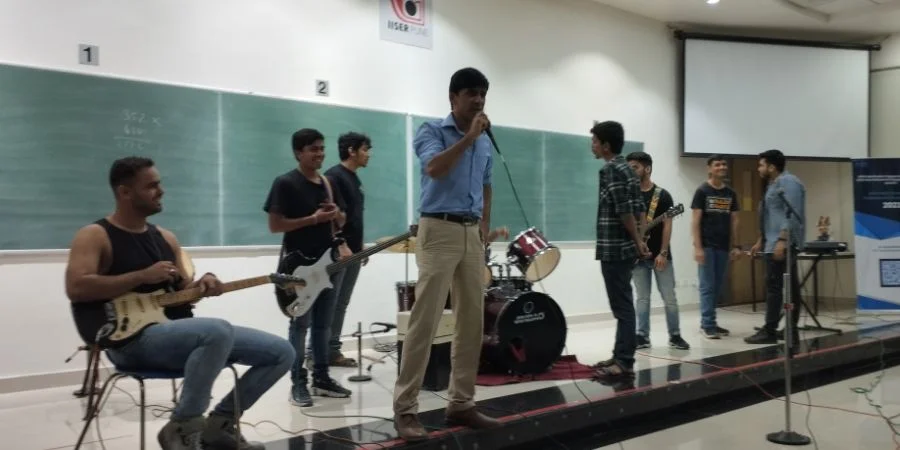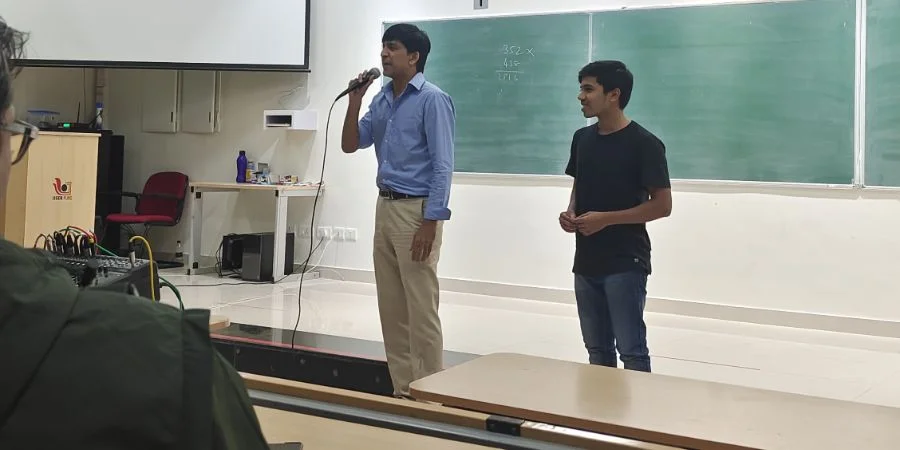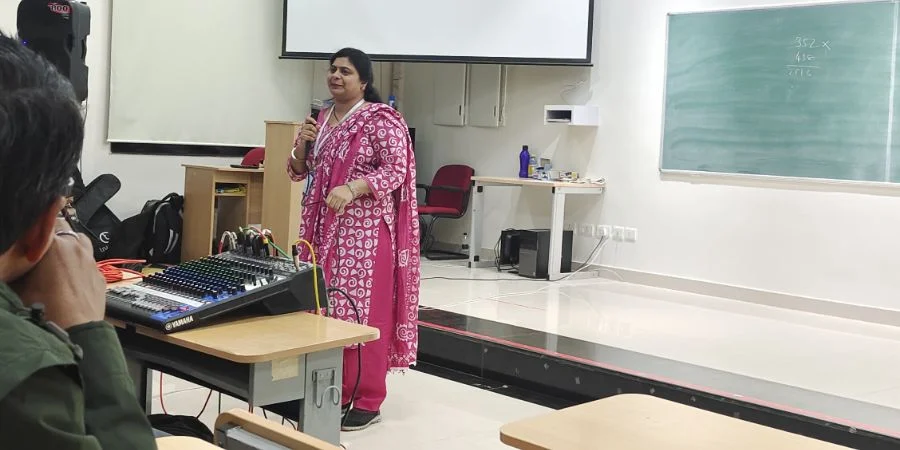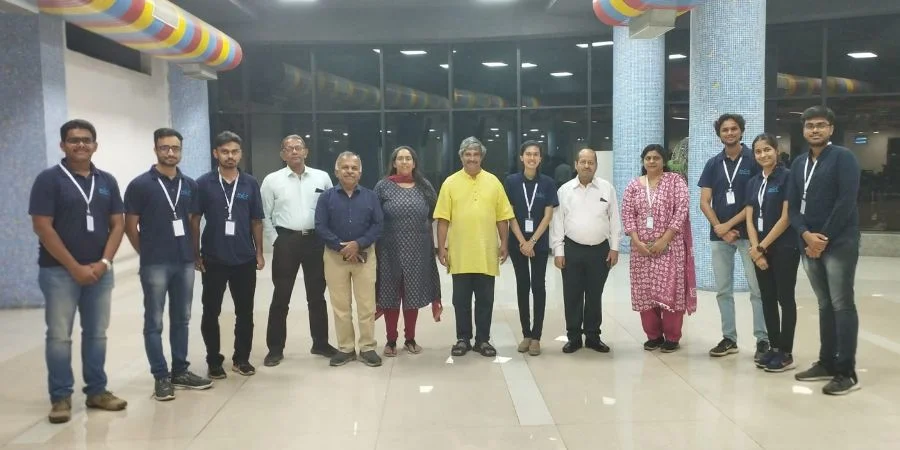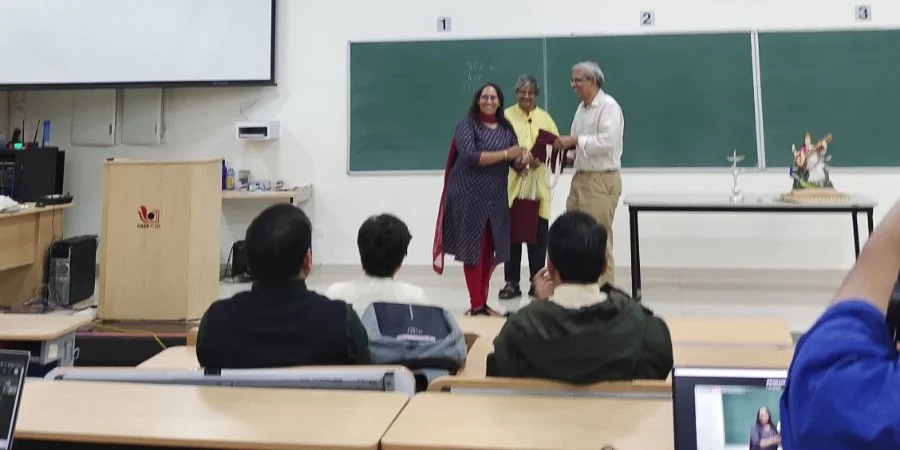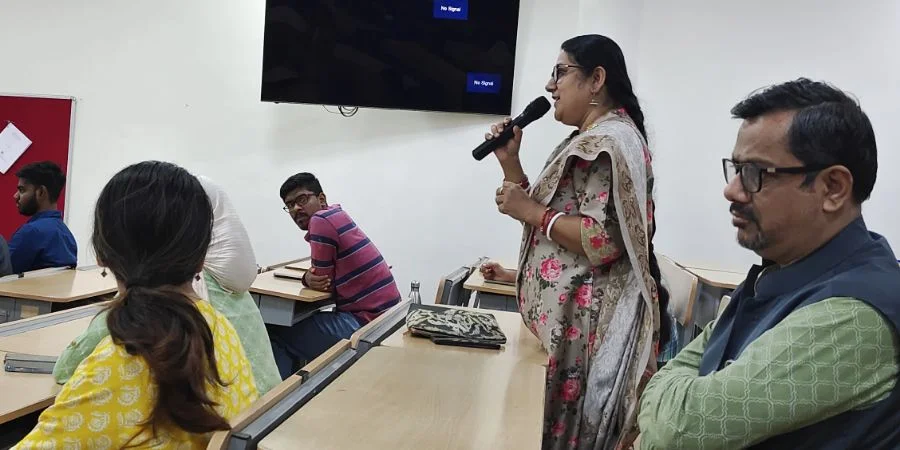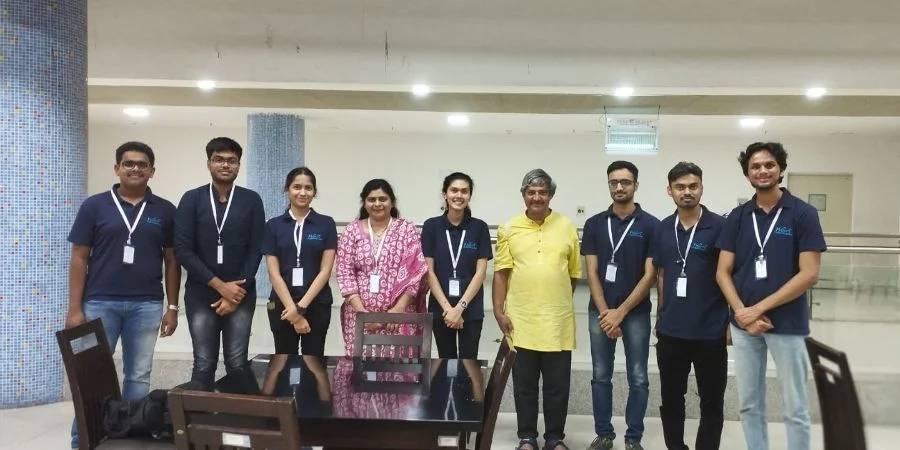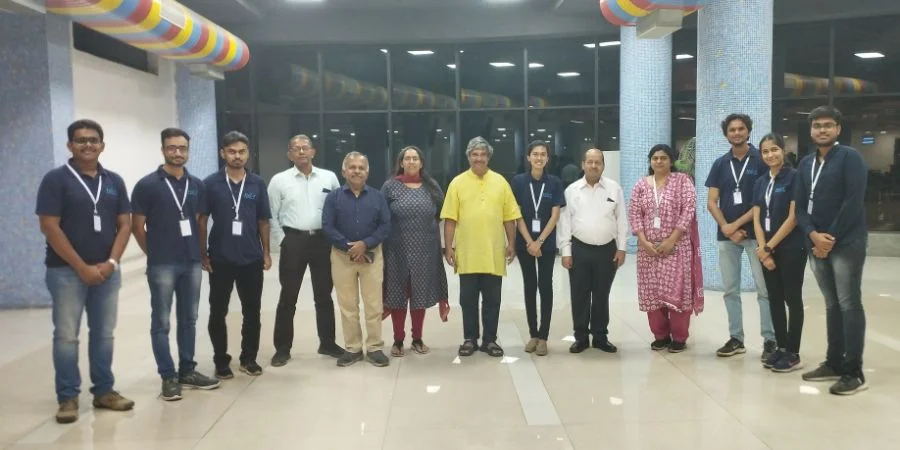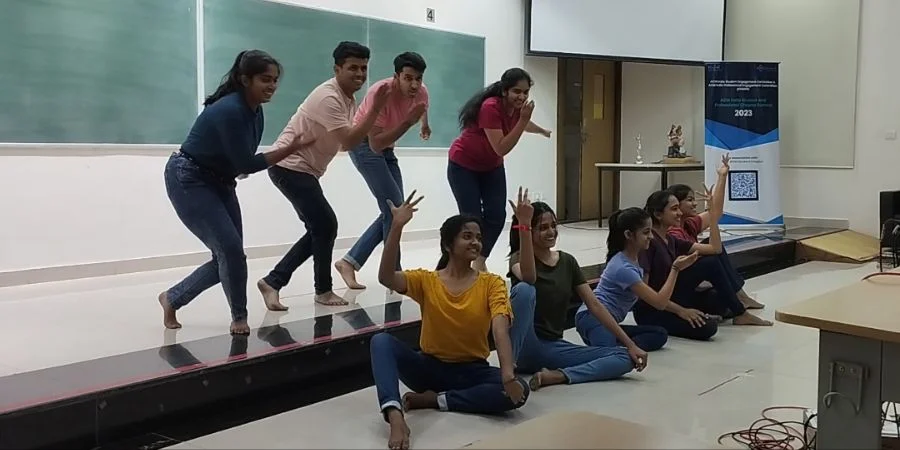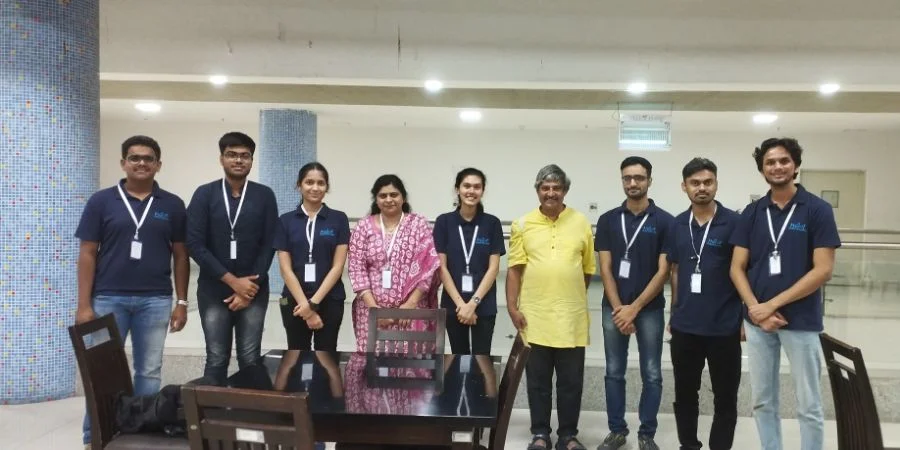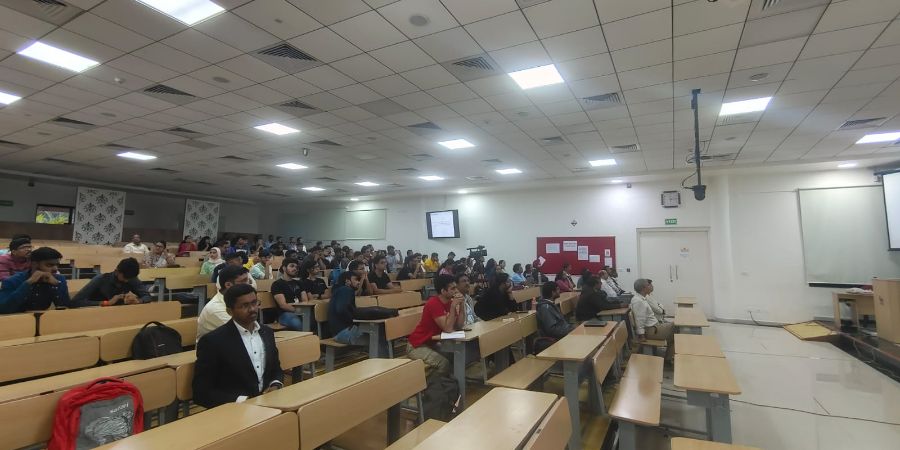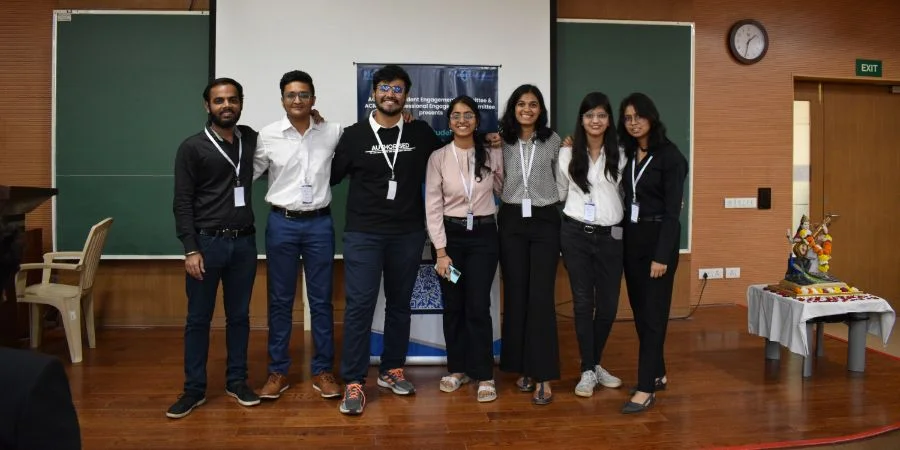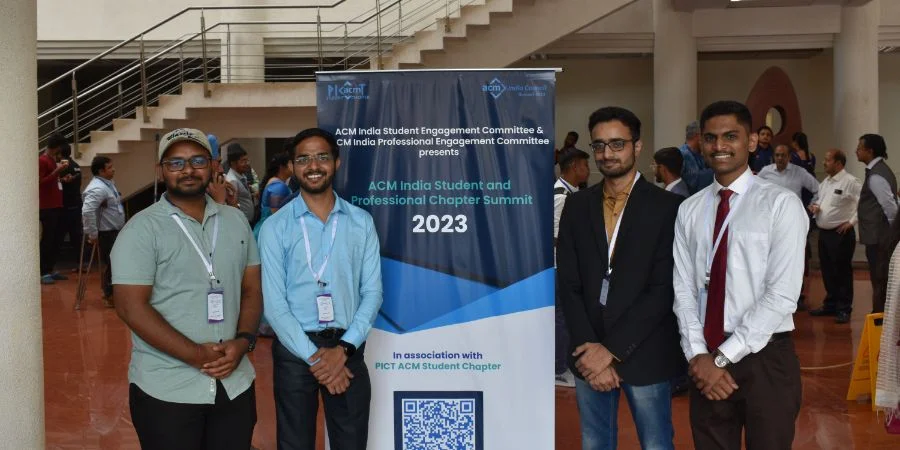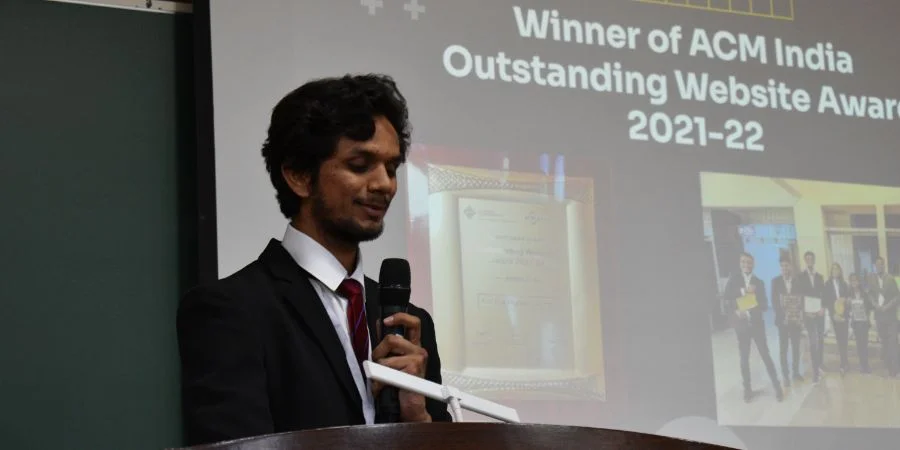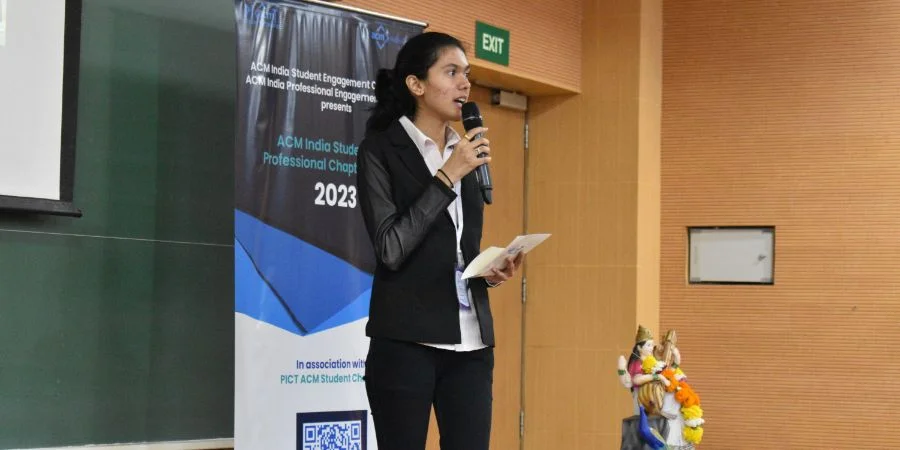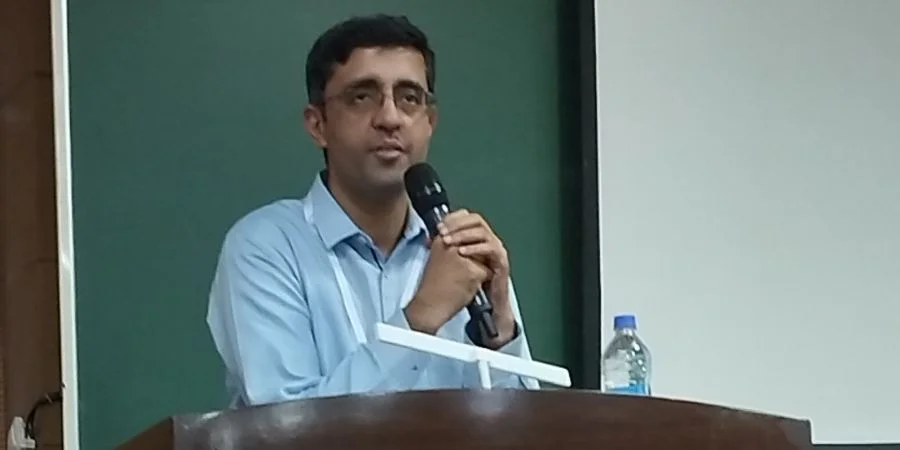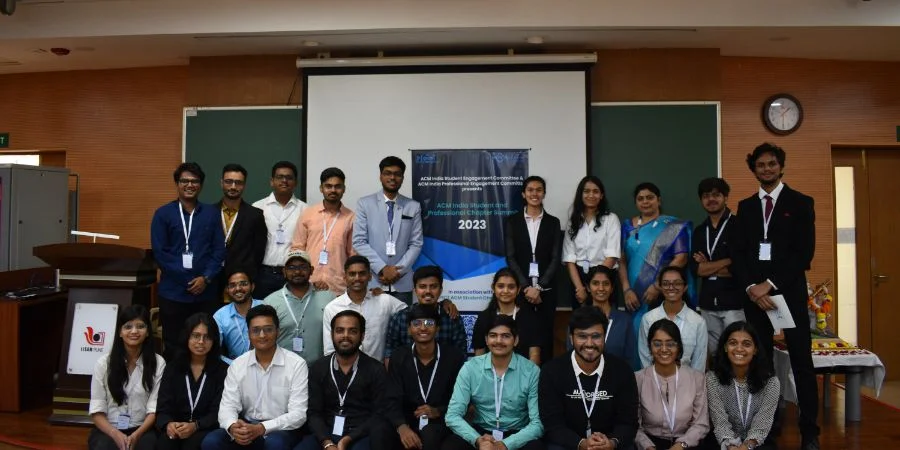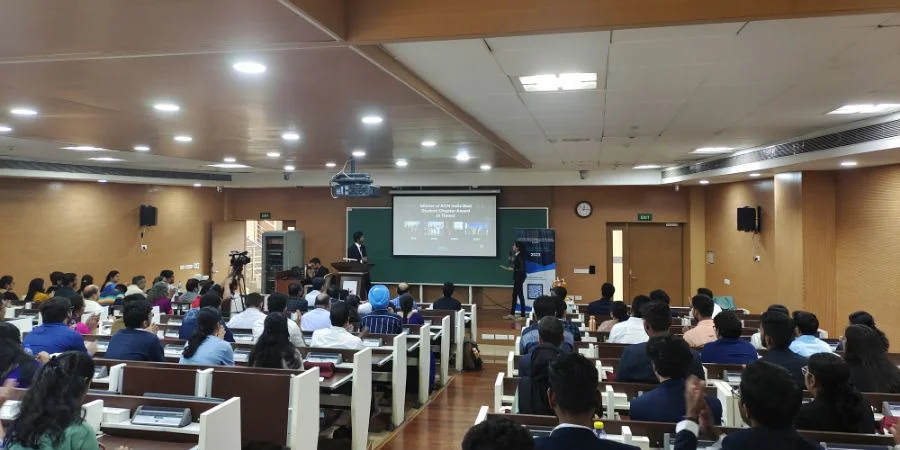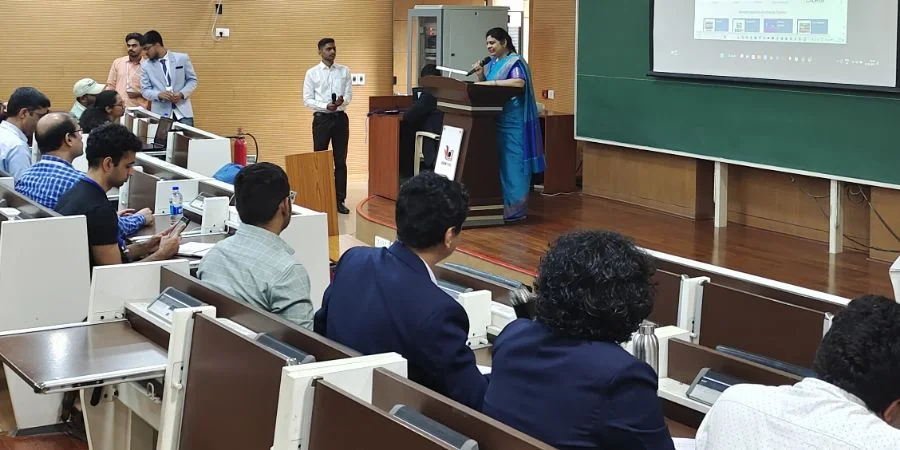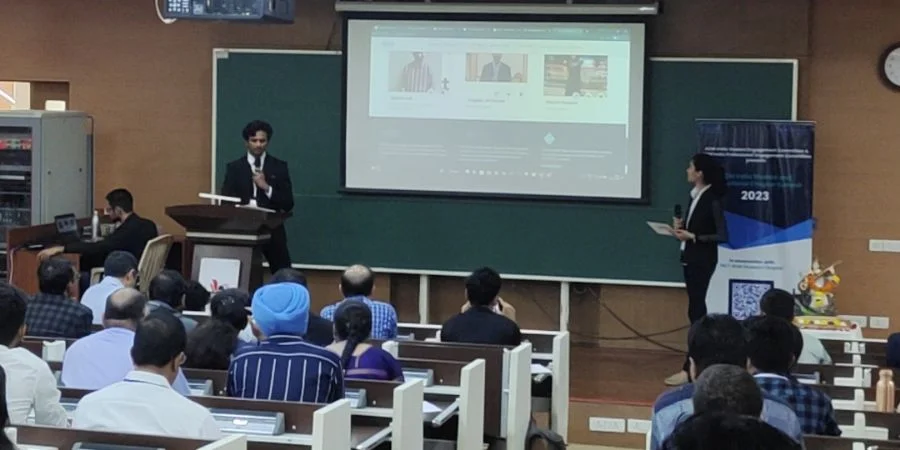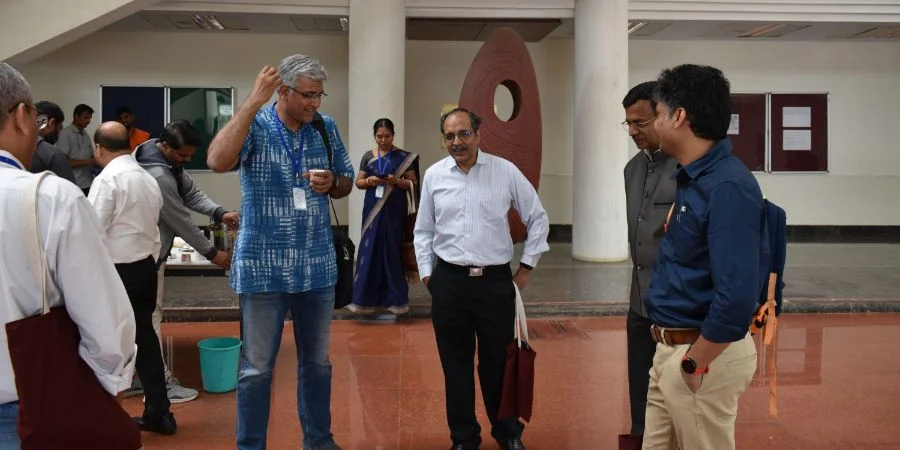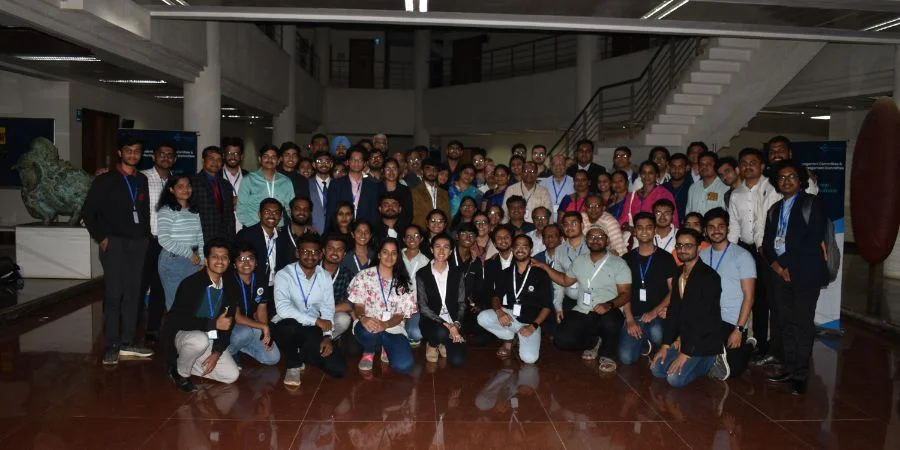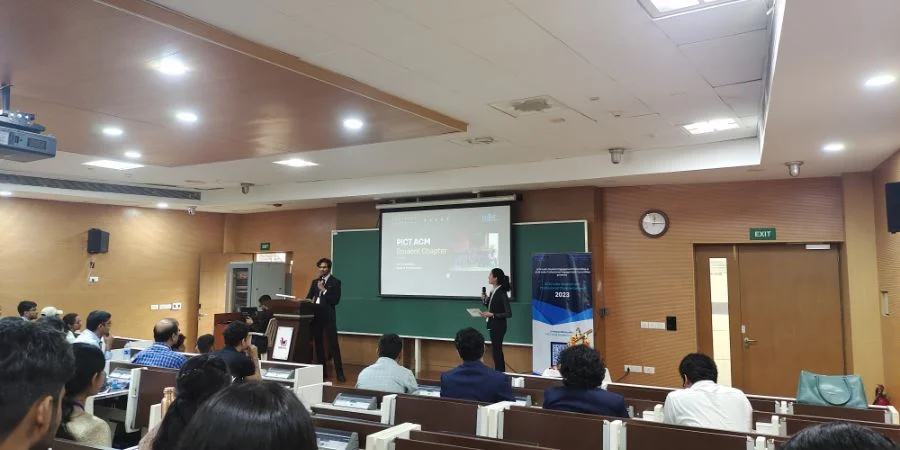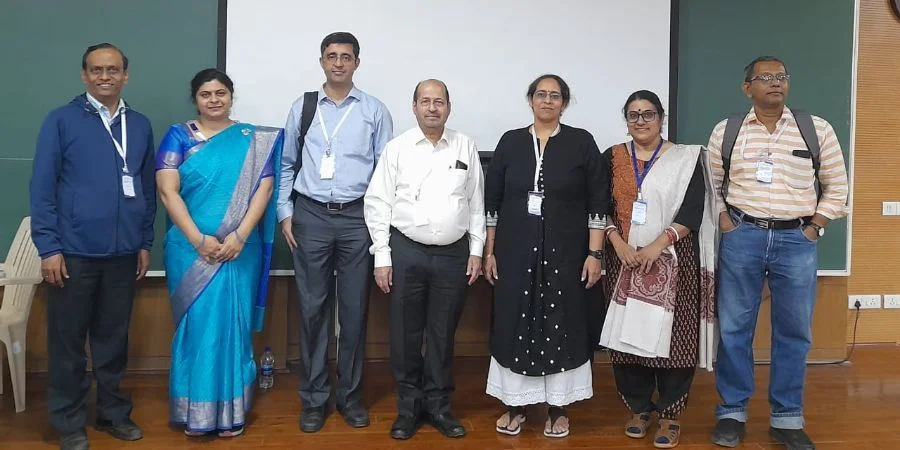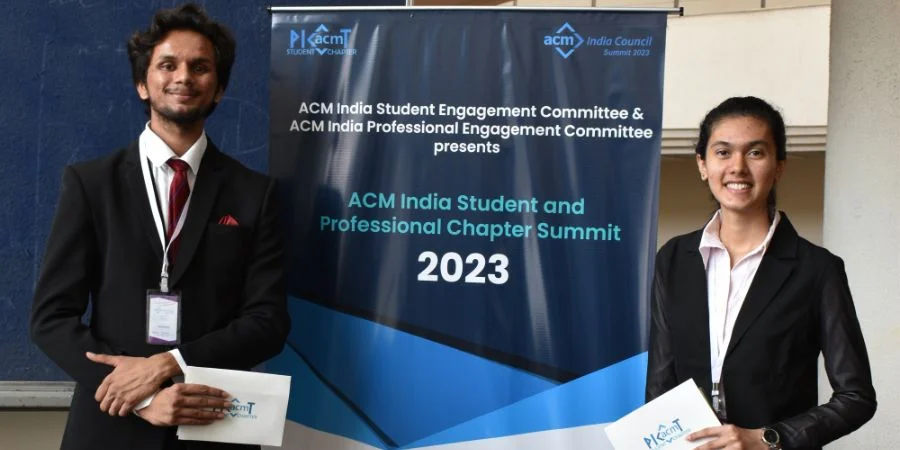ACM India has established a tradition of hosting annual flagship events that serve as platforms for engaging discussions on the latest trends in science and technology. These events not only celebrate the remarkable achievements in computing within India but also embody the spirit of ACM (Association for Computing Machinery) in fostering innovation and advancing the field.
The 2023 edition of ACM India Annual Chapter Summit was held in Hybrid Mode on the 20th and 21st of January at IISER, Pune Maharashtra in association with PICT ACM Student Chapter. The event spanned one and a half days with numerous activities and talks on topics that are a buzz in these times and show prominent capabilities of becoming a trend in the future.
The summit began with a lecture by Prof. R. Ramanujam, (Prof. JAM) Visiting Faculty at Azim Premji University, Bengaluru on the topic – The buzz around Computational Thinking. The talk revolved around computational thinking, its relevance, and future applications as we can see it is gaining attention as a valuable skillset that enhances problem-solving abilities, promotes critical thinking, and equips individuals to navigate a technology-driven world. It was conducted on 20th January involving innovative activity that can easily and efficiently explain the relevance of computational thinking.
On the 21st, the day-long event kicked off with a welcome address by Dr. Sachin Lodha, who presented good statistical figures of ACM India Memberships, introduced the ACM India Committee for 2022-24 and its objectives to build a common platform for all chapters to actively collaborate and provide mentorship opportunities helping individuals hone their skills, followed by the announcement of ACM India Student Chapter Award Winners 2022-23. Prof. Supratik Chakraborthy, IIT Bombay, then highlighted the initiatives carried out by ACM India such as Ph.D. Clinic, Anweshan Setu, Summer and Winter Schools and many more.
Following the address was a plenary session by Harshal Hayatnagarkar, ThoughtWorks, Pune whose vision is to build a community with research organizations, and build tools for scientific exploration that will help discover new frontiers in computer science. E4R: An Initiative for Accelerating the Scientific Discovery Process was the topic of the session wherein the attendees were acquainted with various ventures the company has carried out, is working on, and has plans to focus on in the future along with the design thinking behind their previous initiatives.
After a short break, the ACM India Chapter winners spoke about the various engagement activities conducted under their chapters that promote the holistic growth of its members. This exchange of knowledge motivated chapters to bring innovation in the activities conducted to achieve the goal of promoting computing at the chapter level.
The chapter representatives were then familiarised with the two ACM Portals through a demo video depicting the mandatory details to be updated by the chapters and the key points to keep in mind while updating the details.
The most exciting and awaited part of the day – the breakout sessions were then conducted next wherein the attendees were divided into groups having people from diverse backgrounds, ages, professions, and experiences in the group. Each group was allotted a topic to discuss, to put forth their views, and to come up with a minimum of ten problems and solutions revolving around it. These were then presented to the whole audience so as to increase interaction, and innovation and to brainstorm on the ways of improving the quality of activities conducted, engagement and retention of new members, fostering technical growth, improving inclusion and diversity, and also what would make a good website.
The Panel Discussion on – Are graduating students ready for the “real world”? explored the points that test the preparedness of students to transition from the academic environment to the professional world. It also addressed various questions from the young graduates in the audience related to what companies look for in a candidate. The discussion also highlighted the importance of lifelong learning and the ability to adapt to changing demands in the real world.
Before the concluding remarks, an engaging team activity was conducted to end the day-long event on an enthusiastic note. Dramatizing the algorithms made teams brainstorm innovative ways to dramatise the classical algorithms from Data Structures.
The closing remarks and vote of thanks were delivered by Geetanjali Kale concluding the day on a high note.
YouTube Link of Event Recording: https://www.youtube.com/watch?v=03OVx5eMNgE&t=325s
